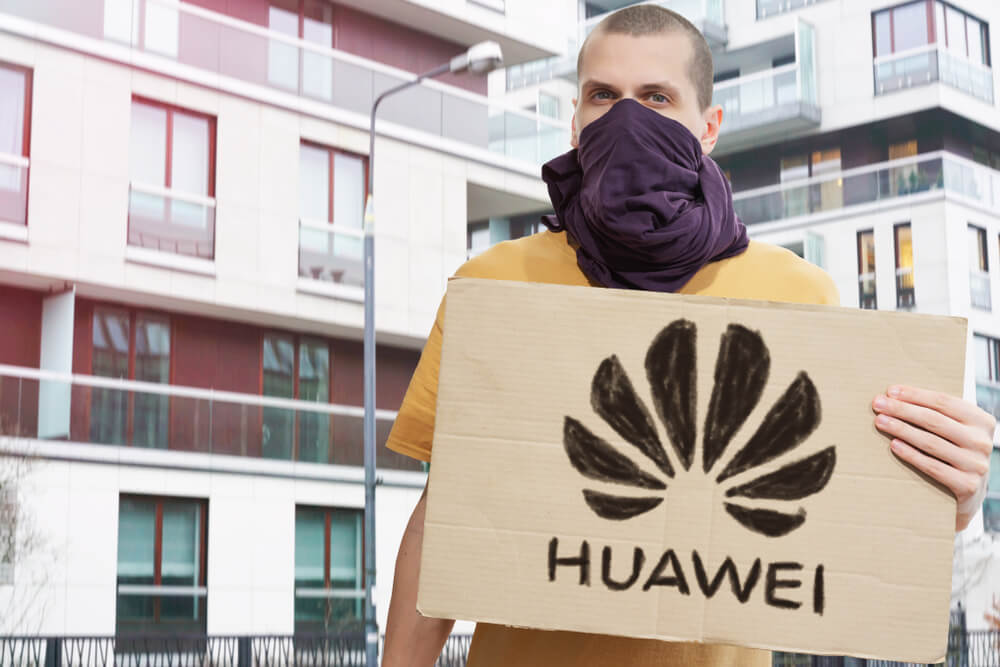It seems that, despite consistent denials to the contrary, employees of Huawei Technologies have been spying.
One of the biggest questions now is: How will Washington respond to the latest allegations?
Just not on governments, but for them.
A recent report in the Wall Street Journal found employees of the Chinese tech giant used cellular data to track the location of political opponents of some African governments.
While the investigation found no evidence that the work was being done on behalf of the Chinese government, the new information is likely to add fuel to the fire burning in Washington, D.C., against Huawei.
In January, The Department of Justice filed two separate criminal lawsuits, claiming Huawei’s chief financial officer committed wire fraud and violated sanctions on Iran. One of the suits claims Huawei stole trade secrets from T-Mobile.
The Commerce Department has Huawei on a blacklist, preventing U.S. companies from importing or exporting goods to it. Although, companies in the U.S. can get around the blacklist thanks to a small loophole.
The U.S. government has suggested Huawei is a “potential tool for the Chinese government to spy abroad,” a charge Huawei officials have denied.
According to the WSJ report, Huawei technicians used spyware similar to that made by NSO Group — an Israeli company — at Uganda’s police headquarters to read encrypted messages from a rapper and activist named Bobi Wine.
Security officials said the cyber team at police headquarters asked the Huawei technicians for help after they failed to crack Wine’s encryption themselves.
The article had suggested the spyware was Pegasus, which is marketed by NSO Group. However, NSO Group said it doesn’t work with Huawei or in Uganda. The Journal article has since been changed to suggest the spyware was similar to Pegasus.
The second allegation suggests Huawei technicians helped the government in Zambia access the phones and Facebook pages of several bloggers running a website in opposition to the government.
That work allegedly led to the arrest of the bloggers. That was also suggested by the Patriotic Front’s — Zambia’s ruling party — Facebook page when it suggested officers worked with “Chinese experts at Huawei” to track and arrest those opposition bloggers.
The latest news may add to pressure already applied by the Trump Administration to other counties denying Huawei contracts to build large-scale 5G networks in some nations. Some countries, like the United Kingdom, have spurned the White House’s warnings and said Huawei could bid on infrastructure projects, like anyone else.
Huawei continues to expand its presence in Africa. According to the Journal, the company has built networks in nearly 40 African nations — which include a $75 million data center in … Zambia.
One of the biggest questions now is: How will Washington respond to the latest allegations?
It isn’t likely that fresh sanctions will do anything as the federal government has already tapped that well.
This could add a new wrinkle to the ongoing U.S.-China trade talks as Chinese President Xi Jinping has repeatedly said he wants the ban on Huawei in the United States lifted before any trade deal comes to fruition.
While the Chinese government hasn’t been linked to any spying — which was the foundation under the U.S. ban of Huawei — I would anticipate this latest news rearing its head somewhere in the near future.




